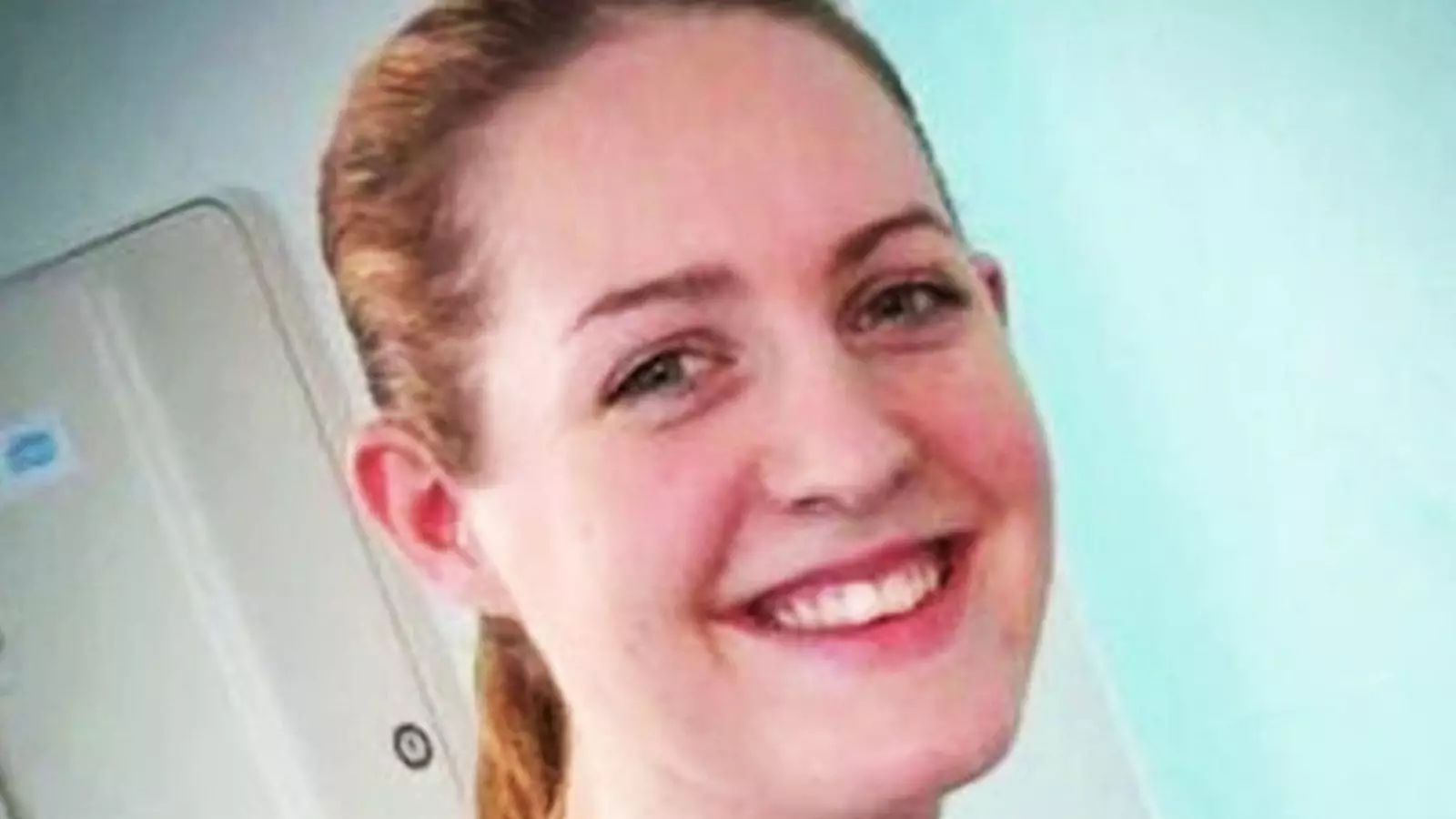The case of Lucy Letby has become a harrowing reminder of the catastrophic effects that negligence and oversight failures can have within healthcare systems. The recent inquiry, known as the Thirlwall Inquiry, exposes shocking details about how a series of tragic events were allowed to unfold unchecked. The trust’s former chief executive, Tony Chambers, testified about a tumultuous meeting in December 2016 where Letby’s father displayed aggressive behavior in response to allegations against his daughter, which escalated an already fraught situation. Not only does this highlight the emotional turmoil surrounding the families involved, but it also underscores the glaring inadequacies in the response protocols of healthcare leadership.
Chambers recalled the scene vividly, expressing his concerns about the impact of the father’s threats on the ongoing investigation. Instead of fostering a culture of transparency and accountability, the individuals involved became embroiled in a web of defensiveness and denial. The reaction of Mr. Letby served less as an argument against accusations and more as an obstruction to the unfolding investigation. This situation is emblematic of a systemic failure to prioritize patient safety over external pressures, fostering an environment where dire warnings went unheeded.
Chambers’ testimony paints a concerning picture of leadership’s failure within the Countess of Chester Hospital during a critical period. He expressed regret about the overall lack of awareness concerning the rise in neonatal mortality rates and how the trust’s operational systems failed to detect a concerning trend over time. If anything, his reflections suggest a disconnect between the management and ground-level staff, whose observations raised red flags long before law enforcement became involved.
Chambers noted, “It was not a personal failing,” attempting to deflect blame, yet his position requires him to accept a degree of responsibility for the institutional flaws that allowed Letby to continue her practice. His apologies to the victims’ families, though heartfelt, ring hollow without a commitment to actionable change. If leadership is to cultivate a safe healthcare environment, an honest reckoning of past mistakes, rather than a deflection of personal accountability, is an essential first step.
Chambers’ acknowledgment of failed communications with families serves as yet another reminder of the inadequacies in crisis management protocols within the institution. The families affected by Letby’s actions deserved more than mere apologies; they needed transparency and timely updates throughout the investigation. The emotional and psychological impact of these events will undoubtedly linger for the bereaved families, and the failure to adequately communicate could have exacerbated their grief.
The troubling saga surrounding Lucy Letby emphasizes the necessity for a profound reevaluation of safeguarding procedures in neonatal care. The inquiry highlights how critical early warning signals went largely ignored, urging a comprehensive analysis of how healthcare institutions can better respond to suspicions concerning misconduct or malpractice.
Furthermore, as successive testimonies continue to unfold, they reveal a pattern of complacency within healthcare settings that prioritizes institutional reputation over patient safety. Following Letby’s activities, one would expect an overhaul in hospital policies and an increased focus on accountability. However, the initial reluctance to engage law enforcement and the decision to conduct internal reviews for months prior demonstrate a hesitancy to confront uncomfortable truths.
As indicated by Alison Kelly, the director of nursing during this period, there is a tendency to fall back on the notion of “best intentions” while neglecting the critical flaws in judgment that ultimately jeopardized lives. While the path to healing is often paved with good intentions, it is imperative that such good intentions are paired with rigorous safeguards and unwavering commitment to patient welfare.
The heart-wrenching story of Lucy Letby demands that we confront the uncomfortable truths about healthcare systems. The inquiry into her actions provides an opportunity not only for accountability but also for systemic change aimed at enhancing patient safety and safeguarding vulnerable populations. Conversations surrounding enhanced training, clear lines of communication, and transparent reporting mechanisms are crucial in creating a healthcare environment where such a tragedy never repeats itself.
The inquiry must serve as a catalyst for change. Letby’s actions, compounded by a failure of oversight, grant the urgent imperative for decisive reforms. The time for reflection must lead to tangible action, ensuring that the fragility of life within neonatal wards is met with unwavering vigilance and a resolute commitment to ethical medical practices. The hope is that ultimately, the systemic reforms born from this heartache can restore a measure of trust for families who place their most precious assets—their children—in the hands of medical professionals.

Leave a Reply